For some women, periods become problematic

You go through so many physical changes during pregnancy that you may not pay much attention to the break you get from your monthly periods. But what can you expect after pregnancy? Will your periods just pick up where they left off or will you face new challenges?
Advertisement
Cleveland Clinic is a non-profit academic medical center. Advertising on our site helps support our mission. We do not endorse non-Cleveland Clinic products or services. Policy
The answer? It could go either way.
“Women often complain of changes in their periods after having a baby,” says Ob/Gyn Diane Young, MD. “For women who are not breastfeeding, there are three things that are likely to happen with the menstrual period — periods return to normal, periods get worse or periods get better.”
You likely won’t have a period while you’re breastfeeding, at least not for a few months.
To produce breast milk, your brain produces higher levels of the hormone prolactin. This typically means you won’t ovulate (your ovaries won’t release eggs). So you likely won’t have periods.
But what happens if you decide not to breastfeed or when you stop?
“Most women will resume normal periods after having a baby,” Dr. Young says. If your period is “normal,” it occurs every 21 to 35 days. Bleeding lasts from two to seven days, she says.
“Back to normal” likely applies to whatever was going on before your pregnancy, as well. Here are two examples:
Birth control: Using birth control pills for contraception often results in skipped, shorter, lighter and/or less painful periods. If you go back to the pills after pregnancy, the lighter periods may resume. If you don’t, you likely will have normal, heavier periods.
Advertisement
Endometriosis: If you have endometriosis or a history of painful periods, you may have easier periods at first after your baby is born. But this change is typically only temporary. A holdover of increased levels of progesterone from pregnancy may cause endometrial implants to get smaller. The result is less painful periods. Your doctor will want to follow up with you regularly after your pregnancy, however. “Painful periods are likely to resume,” Dr. Young says.
How do the rigors of pregnancy and childbirth affect future periods?
Here again, things can go either way, Dr. Young says.
Some women experience heavier, longer or more painful periods after having a baby. These changes may relate to a larger uterine cavity causing more endometrium (mucous lining the uterus) to shed.
For some women, however, their periods improve.
This may occur after pregnancy and childbirth have stretched the uterus and dilated the cervix. This alone can improve future periods. Pregnancy also releases hormones that relax uterine muscles.
What else can make periods worse after pregnancy?
Three other conditions may cause more problematic periods after pregnancy:
Some women may have light periods or no periods due to two rare complications after pregnancy:
“The bottom line is that periods can change after having a baby,” Dr. Young says. “If you are concerned about your periods, make an appointment with your OB/Gyn. There are medical therapies to help your periods.”
Advertisement

Sign up for our Health Essentials emails for expert guidance on nutrition, fitness, sleep, skin care and more.
Learn more about our editorial process.
Advertisement

Yes, new fathers can experience mood changes after bringing baby home
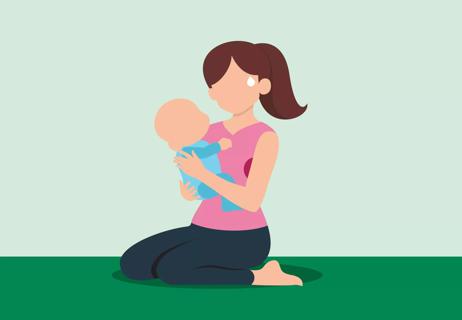
But if you’re worried, don’t hesitate to call your doctor or midwife
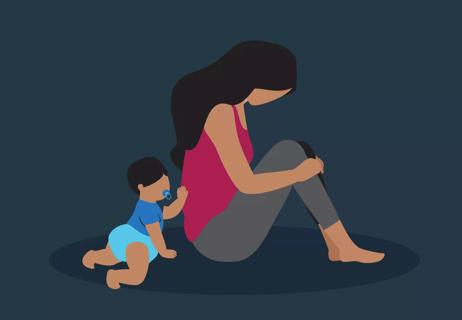
Heavy bleeding, pain and persistent sadness could be something more serious
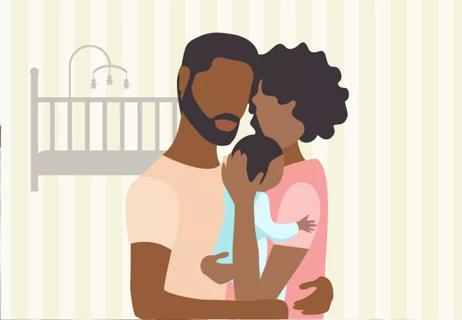
Having sex after giving birth isn’t only about being medically ready
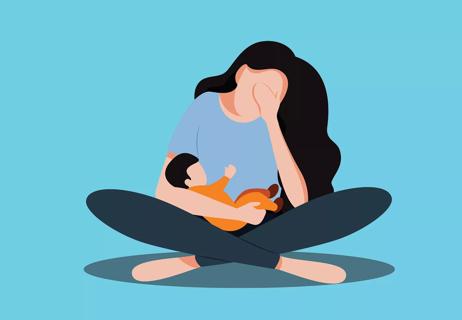
It’s normal to experience some changes
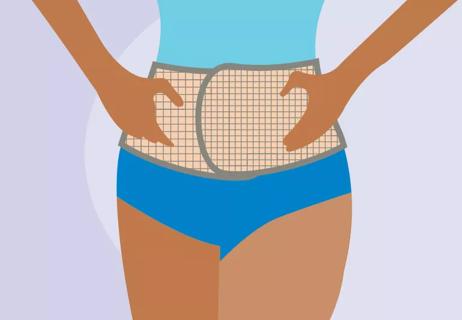
Belly wraps provide physical support after you give birth

Sad feelings and teariness that persist are a sign
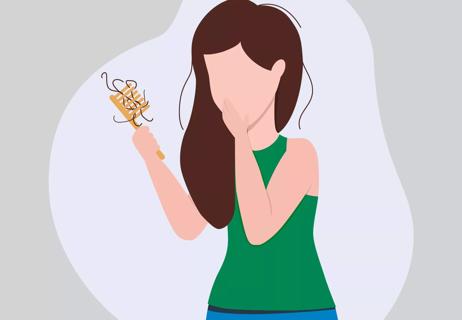
Patience is the best solution

Even small moments of time outdoors can help reduce stress, boost mood and restore a sense of calm

A correct prescription helps your eyes see clearly — but as natural changes occur, you may need stronger or different eyeglasses

Both are medical emergencies, but they are very distinct events with different causes